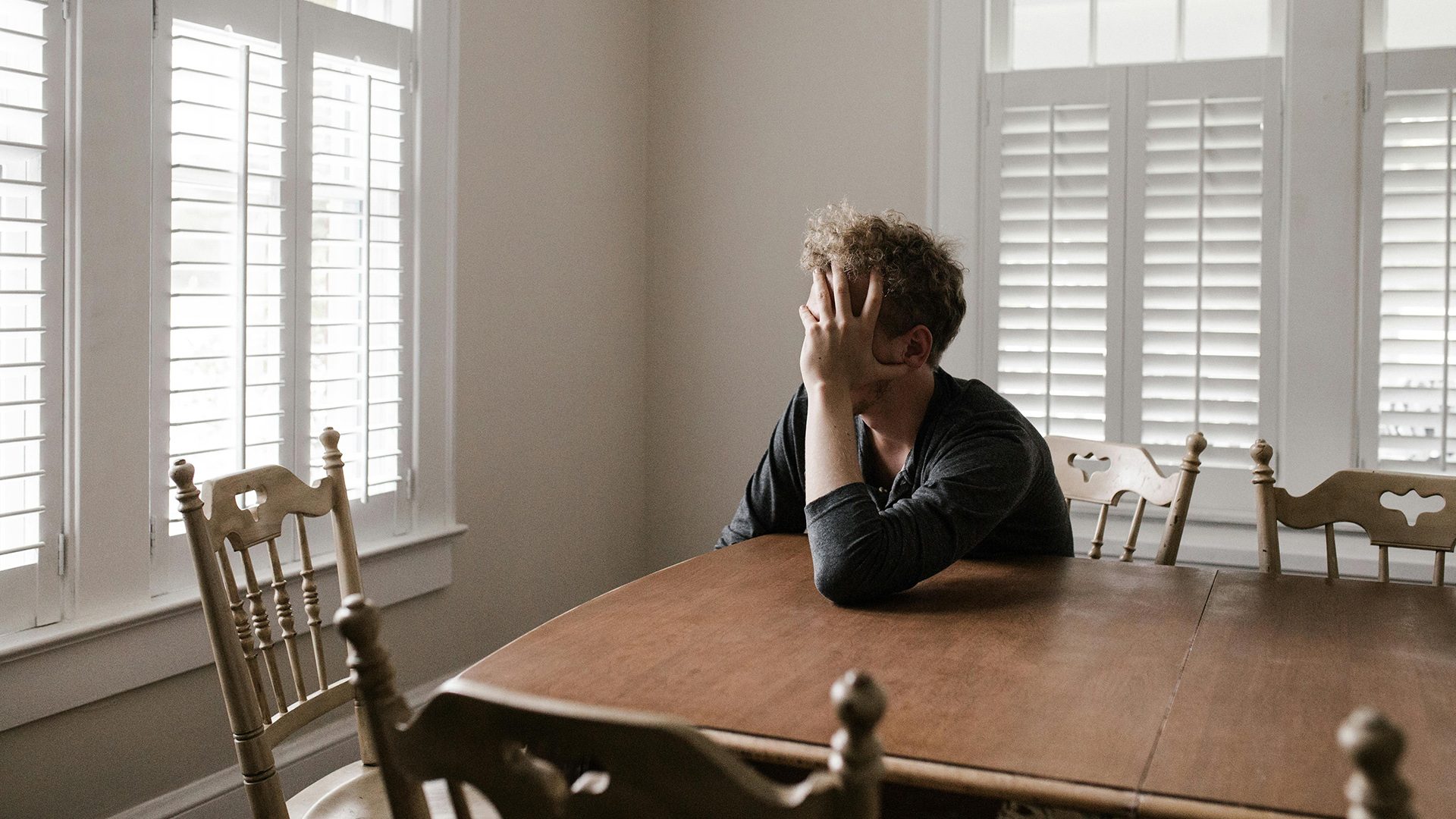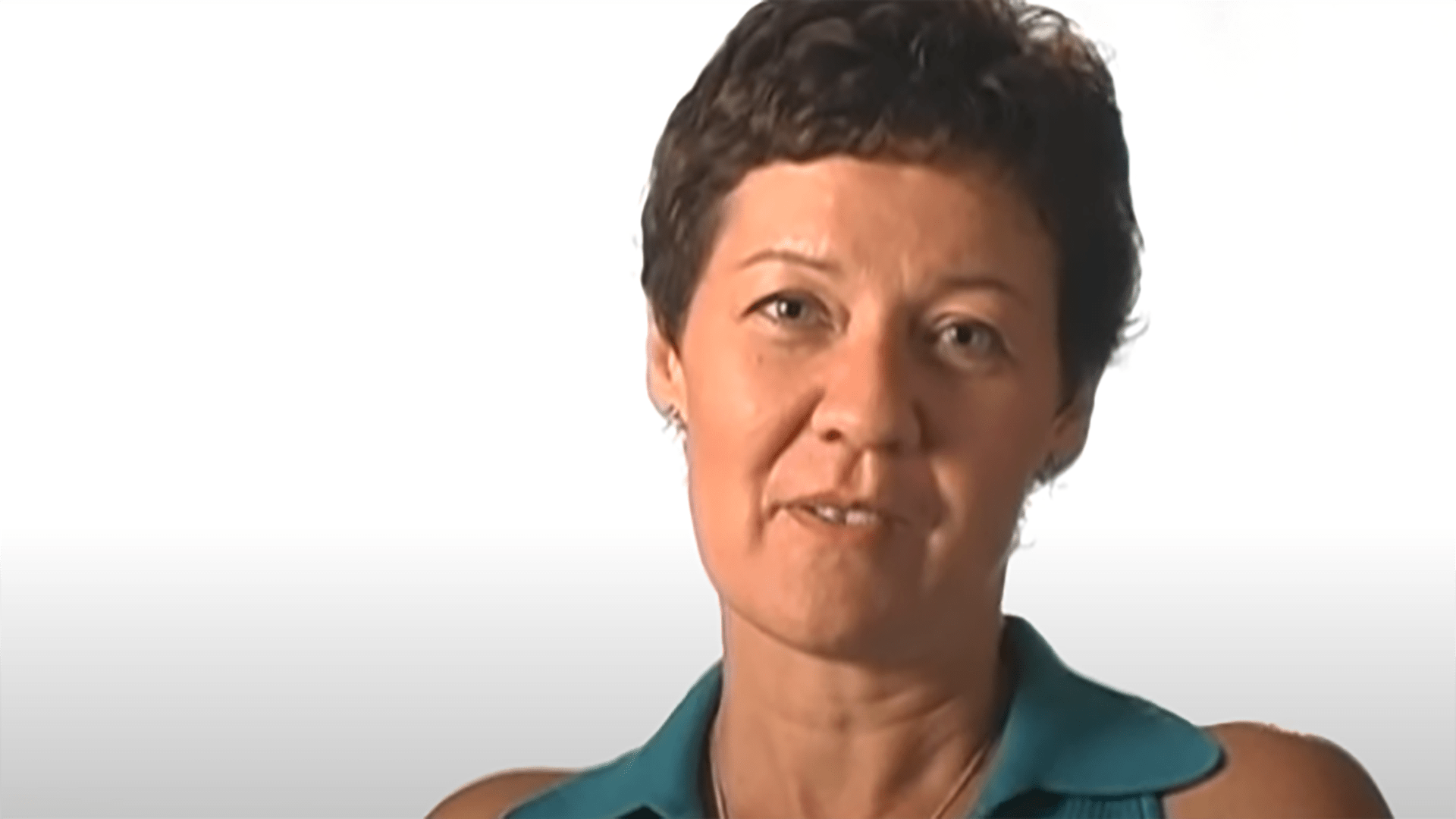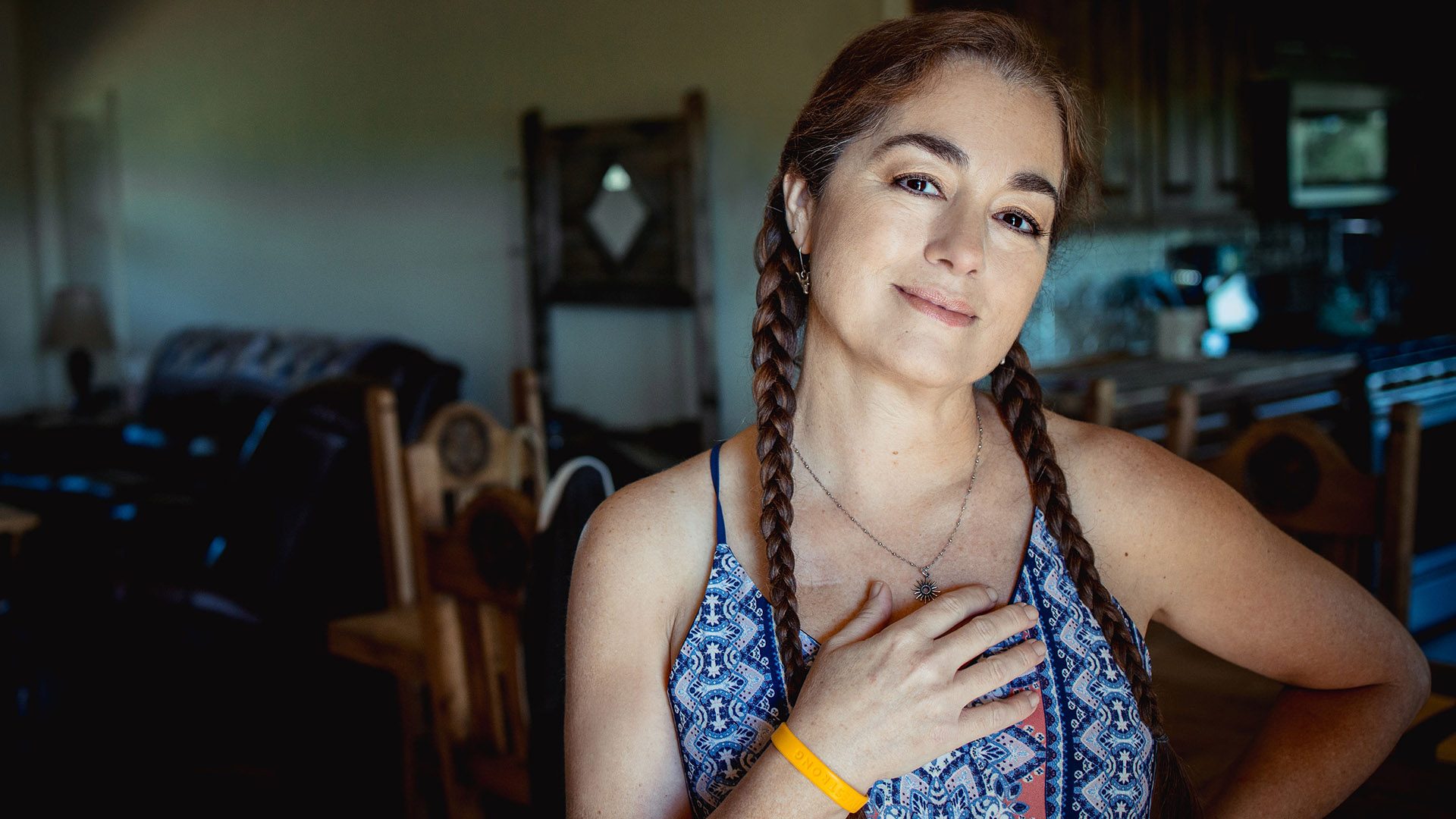Fatigue
Sometimes survivors may feel extremely tired or feel like they don’t have enough energy to carry out daily activities. Fatigue is one of the most common symptoms experienced by survivors during active treatment. Knowing the causes and how to recognize symptoms can help you manage fatigue.

Survivors can experience chronic fatigue because of the treatment they received for their cancer or because of the different emotions they are feeling during the cancer journey. Fatigue also can be a sign of a recurrence or another illness. Types of fatigue include:
- Acute fatigue, when you feel tired for a short time.
- Chronic fatigue, a feeling of tiredness that is always with you. It can also be a feeling of tiredness that comes and goes but never goes away completely.
If you feel fatigue, don’t ignore it or convince yourself not to complain. Talk to your health care team about managing fatigue symptoms.
Symptoms of fatigue:
- Feeling tired even after a good night’s sleep.
- Feeling sleepy throughout the day.
- Feeling sudden, extreme tiredness.
- Feeling too weak to stand.
- Finding it difficult to start routine activities.
- Needing to stop in the middle of activities to rest.
- Not being able to do activities for very long.
- Difficulty concentrating.
- Irritability.
Cancer Treatments that Could Cause Fatigue
In most cases, your energy level will return to normal within the first six months after active treatment ends. However, studies have found that about 30 percent of cancer survivors may experience fatigue that lasts much longer, even for years. Certain cancer treatments are more likely to cause fatigue, such as:
- Chemotherapy.
- Biological therapies (such as Interferon).
- High doses of chemotherapy followed by a bone marrow transplant or a stem cell transplant.
- Certain medications that can cause fatigue.
- Treatment with chemotherapy, radiation or surgery that affects hormones.
Many people think that fatigue is something you only experience during treatment. In fact, some survivors experience fatigue months or years after completing active treatment.
If you’ve been feeling good for a while but suddenly become extremely tired again, you may be experiencing a new, severe fatigue. This can be a sign of infection or a late effect of cancer treatment. Make an appointment with your health care provider to discuss your fatigue.
Physical Causes of Fatigue
Sometimes you won’t find the exact cause of your fatigue, but you and your health care team can still work together to help manage your fatigue. Some physical causes of fatigue include:
- Low red blood cell counts (anemia).
- Difficulty breathing.
- Changes in how well your heart pumps blood.
- Changes in muscle or bone due to surgery or treatment.
- Changes in the hormone levels in your body.
- Changes in your immune function or the way your body responds when your immune system is challenged.
- Changes in kidney function so your body is not as good at clearing out waste products.
- Trouble sleeping.
- Symptoms such as pain or numbness in your feet that make it harder to move.
- Side effects of medications.
- Chronic pain.
- Inactivity.
- Poor nutritional intake or dehydration.
Emotional Causes of Fatigue
Fatigue can also be associated with depression (a prolonged feeling of sadness). Both can happen during your experience with cancer. Both are real problems that you should discuss with your health care team. However, being tired does not necessarily mean a survivor is depressed. Those around you might say things like, “You’re not tired – you’re just depressed.” While depression may be one cause of fatigue, it’s important to discuss all possible physical and emotional causes with your health care team. Emotional causes of fatigue include:
- Anxiety.
- Frustration.
- Boredom.
- Depression.
Fatigue is a treatable condition, and you can work with your health care team to manage the symptoms. The medical community is working to understand fatigue and to find a cure.

